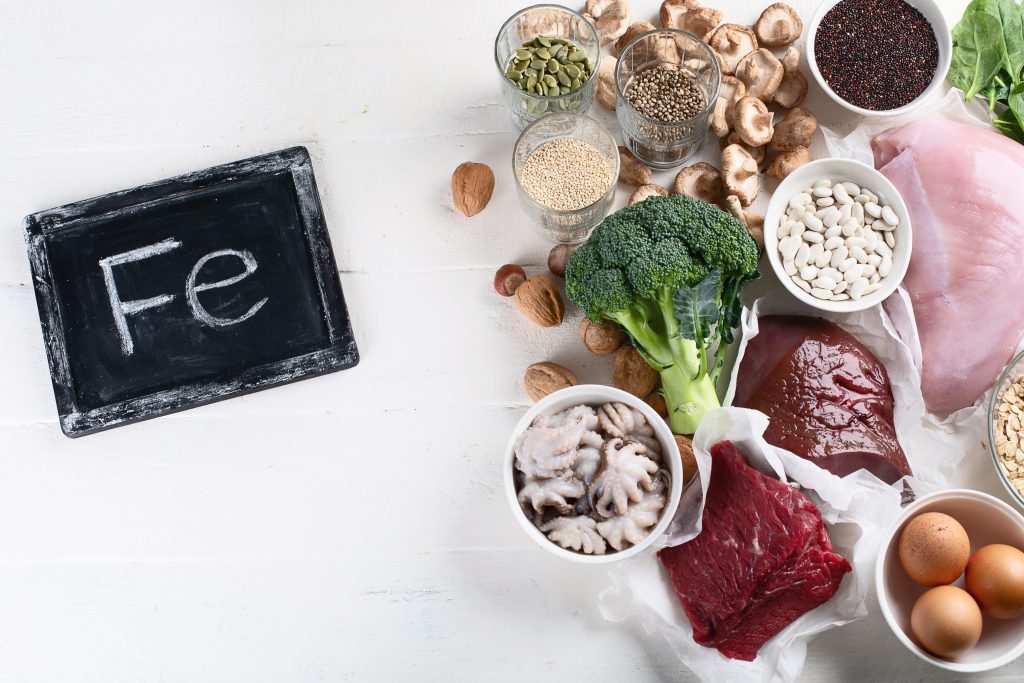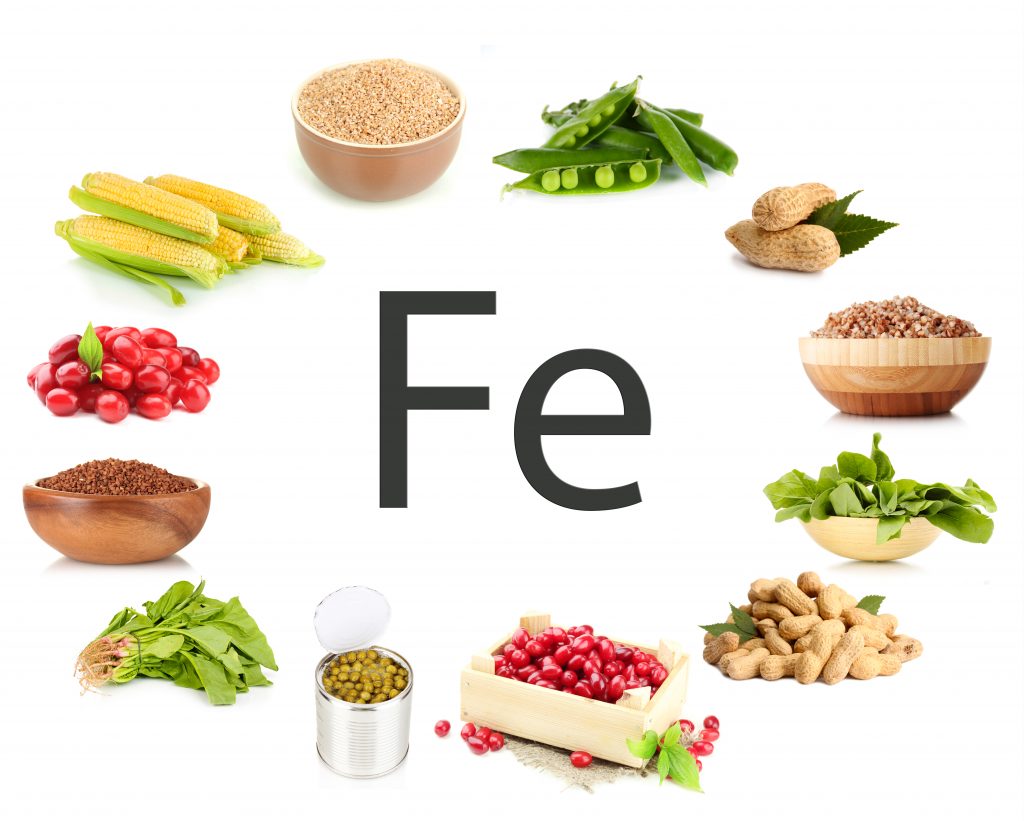Struggling with hair loss and brittle nails? Are you fatigued and tired despite sleeping well? If so, you might need more iron in your diet as these are all low iron symptoms!
This mineral supports the production of hemoglobin, the protein in red blood cells. Without it, your body can not function properly. A diet that’s low in iron may cause anemia and affect overall health.
Why Is Iron Important?
This naturally occurring mineral has several vital functions.
- It helps transport oxygen throughout the body
- Aids in hemoglobin production
- Maintains healthy skin, hair, and nails
Iron is found in every cell and tissue in your body. Iron also plays a key role in mental and physical health. It’s an important component of several enzymes, such as;
Additionally, it helps maintain a strong immune system and enhances your body’s natural defense mechanisms.
How Much Iron Do You Need?
Your daily iron requirements depend on your age, gender, and overall health. Infants and toddlers need up to 10 milligrams a day.
Women ages 19 to 50 should get at least 18 milligrams per day because they lose blood each month during their period. Where as men only need about eight milligrams a day.

How to Increase Your Iron Intake
Iron deficiency can reduce oxygen supply to your tissues.
Low iron symptoms include;
- Fatigue
- Irritability
- Headaches
- Weakness
- Dizziness
- Frequent infections
This condition affects your health on every level. However, the good news is that you can increase your iron intake through diet and supplements.

There are two types of iron found in food. Most types of meat contain heme iron, which is derived from myoglobin and hemoglobin.
Non-heme iron occurs naturally in fruit, vegetables, legumes, and whole grains. Where as plant-based foods do not contain heme iron.
Vegans and vegetarians are at higher risk for iron deficiency. Non-heme iron, which is found in plant foods, has a lower absorption rate (1% -5% less) than heme iron.
If you don’t eat meat and poultry, consider taking dietary supplements. Vitamin C has been shown to increase the absorption of non-heme iron by up to three times.
However, to stay healthy, do not exceed 45 milligrams of iron a day.

